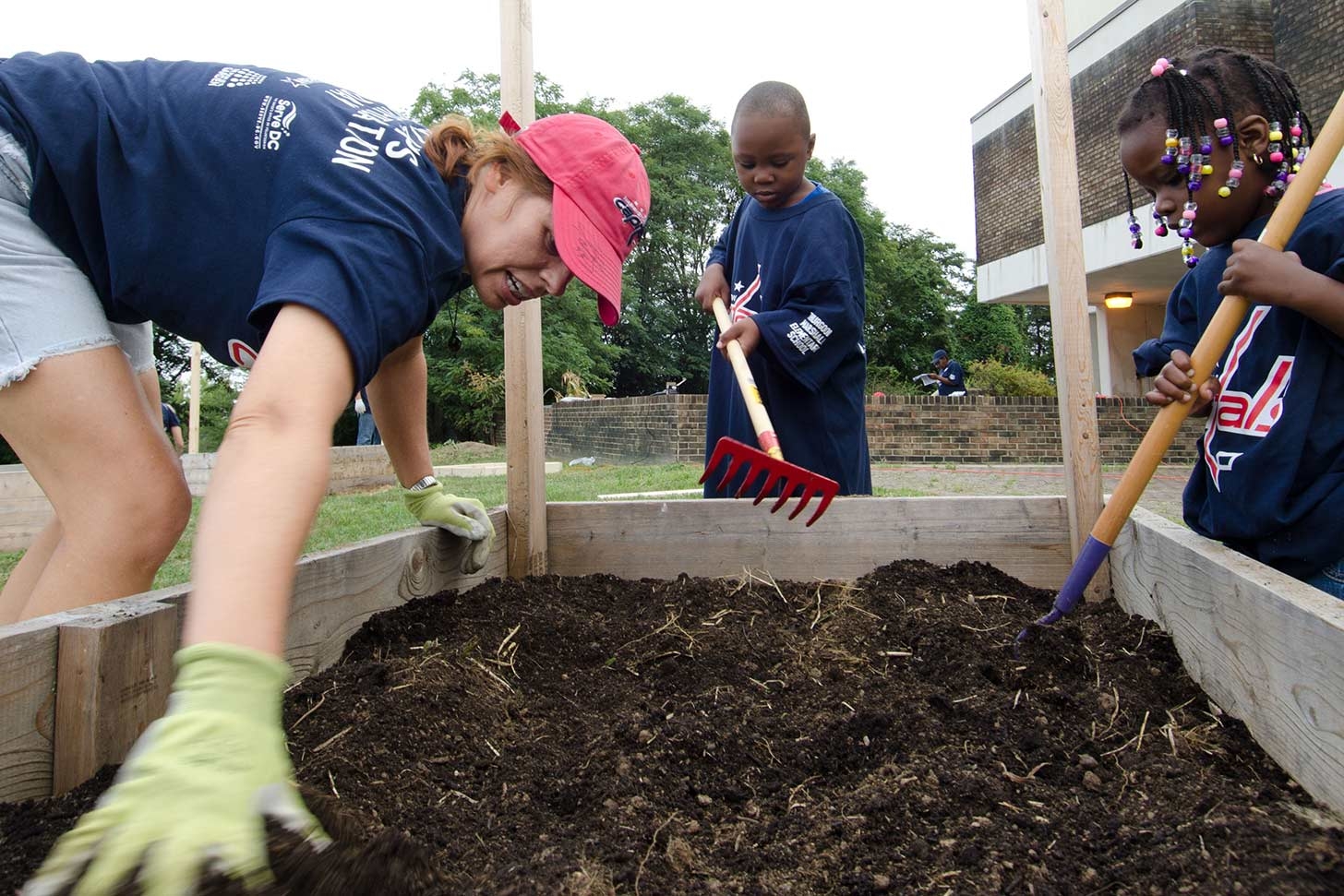Volunteer-sending organizations share the inner secrets (not really) of their work.
“I wish I had started to learn the language earlier.” “I wish I had packed more toilet paper.” “I wish that I had done more research about my destination country.”
It's easy to find out what volunteers wish they knew before they went overseas. But did you ever wonder what the staff of volunteer-sending organizations wish you knew?
Regardless of whether you’re a seasoned pro or a first-timer, here’s the top five things that volunteer-sending organizations wish volunteers knew:
1. You don’t have to be young—or old—to volunteer abroad.
“Volunteering is not homogenous and has evolved far beyond the infamous student gap year, US Peace Corps, Raleigh International or well-known school building projects,” says Amy Scarth, Founder and Director of Big Beyond.
With a wide range of projects, destinations and lengths available, volunteering abroad is no longer just for the young. As an increasing number of employers recognize the value of volunteering overseas, it can built into a professional sabbatical or a corporate training program. It’s also a popular activity for retirees and families alike.
2. You don’t have to be a doctor to volunteer abroad.
Even if you’re not a trained professional, you still possess transferable skills that may be valuable in a developing community. Are you a native English speaker? A computer whiz? A sports enthusiast? Love animals? Regardless of your passion, hobby or interests, there’s likely an opportunity to use your skills in a development context.
“I think people often underrate their ability to contribute,” says Cassandra Tomkin, CEO of Cross-Cultural Solutions. “Every volunteer has something to give.”
3. You get what you pay for—but you shouldn’t choose an organization based on cost.
With a wide range of organizations to choose from, there is also a wide range of price tags associated with volunteering overseas. And while you should certainly investigate or request to learn more about an organization’s financials, don’t select a project based on how much or how little it might cost.
“Volunteering is about the impact of collective human resource—not about how much or in what way that cash is spent achieving an impact,” says Scarth. Instead, she recommends asking about the organization’s philosophy, the types of projects they offer, your potential impact, and your overall role within the community or organization.
4. There’s a reason that program fees or fundraising targets exist.
It’s important to understand an organization’s financial structure—but it’s also important to understand the cost of the behind-the-scenes work necessary to make your overseas dream a reality. Before you even arrive in-country, staff are being hired and trained, reports are being written, and community assessments are being carried out—all of which cost money, time and resources.
For many organizations, your financial contribution also isn’t designed to directly support your host community. At Cross-Cultural Solutions, for example, Tomkin says that the fee is designed to support the volunteers in-country. “They’re not paying to volunteer and they’re not giving a direct contribution through charity to the community,” she explains. “They’re supporting themselves—including their food and accommodation—so they can work with the community in an empowered and sustainable way.”
5. Arriving with the right set of expectations can make or break a project.
“If a volunteer arrives at a project with misconceptions about what they are going to do and the real impact, it can create more harm than good,” says Scarth.
Transparency isn’t just important for volunteer-sending organizations—it’s also vital for prospective volunteers. Be sure to clearly define and articulate what you are looking for in a volunteer experience—including everything from what type of work you hope to be doing, to what you expect to be eating, to where you’d like to sleep at night.
“The opportunities are so diverse, and what is suitable for one person may not be suitable for another,” says Scarth. “When volunteers generously invest their personal time and money to support such causes they absolutely deserve to invest in a program and an experience that matches them as an individual.”
This article originally appeared in the Fall 2015 issue of Verge.
